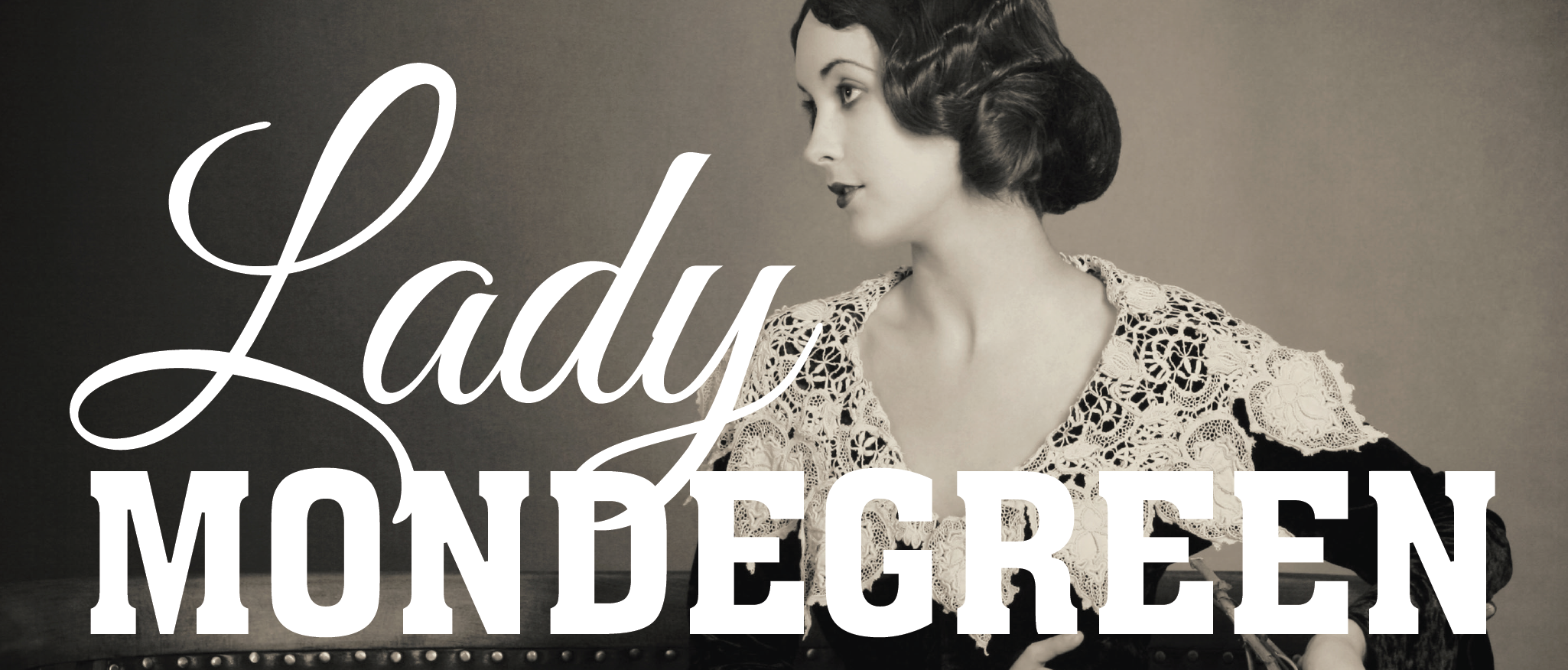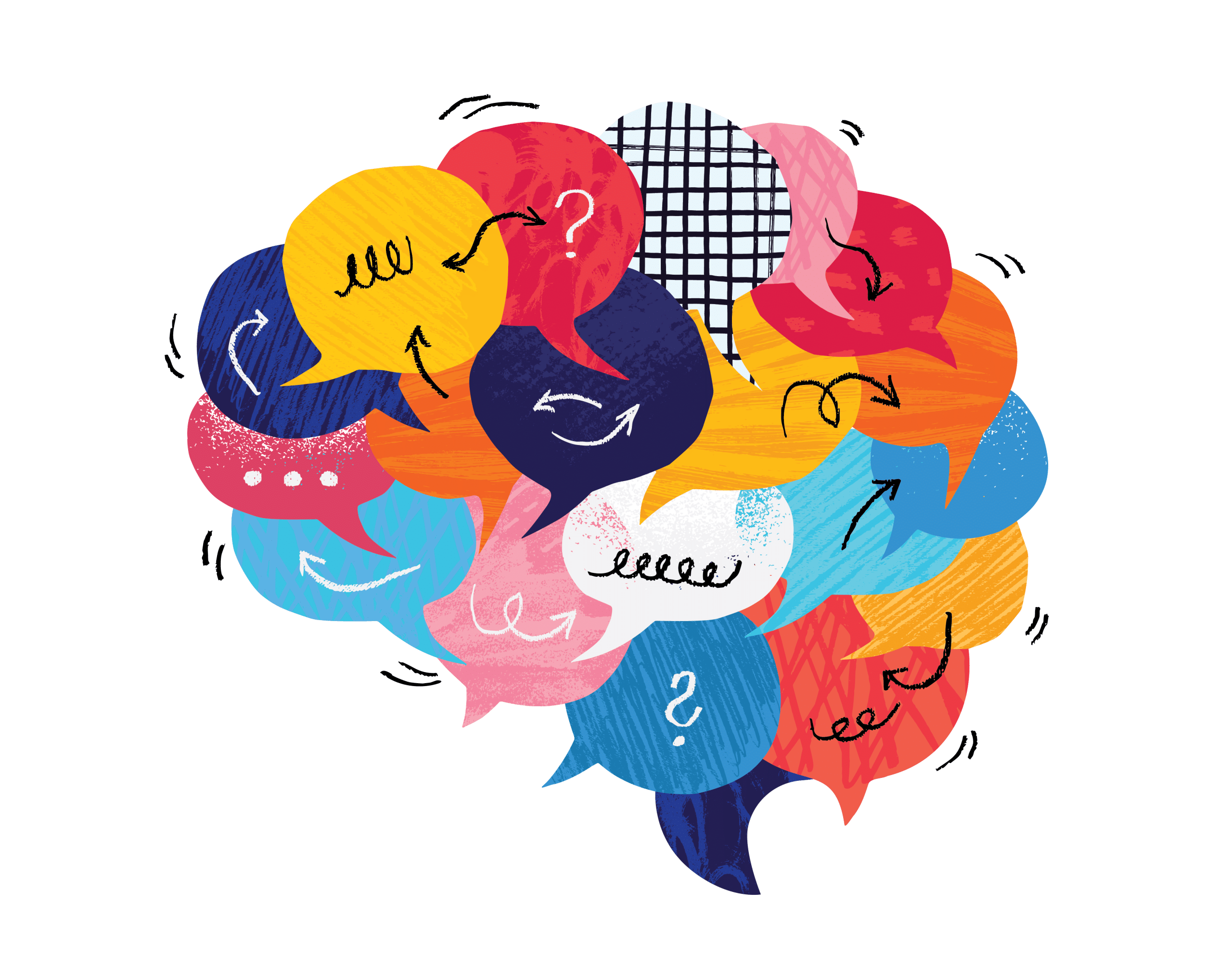“O say can you see by the donzerly light. What so proudly we hailed at the twilight’s last gleaming…”
When I was in elementary school, we sang the national anthem before games and assemblies. I kept my voice low because I wasn’t a very good singer.
But that didn’t stop me from singing along to my favorite songs growing up.
One of them was Elton John’s hit song “Rocket Man” from 1972.
I remember belting out the lyrics to the chorus, “Rocket man! Burning off the shoes of everyone!”
I didn’t find out until years later… those weren’t the correct lyrics. I had been singing it wrong all along.
Elton’s actual lyrics are, “Rocket man! Burning out his fuse up here alone.”
Has this ever happened to you… you hear one thing, but it turns out to be something different?
For instance, if you sing along to “The Twelve Days of Christmas” every holiday season like I do, you probably know the line:
“Four calling birds…”
But the original version of this poem from the 1700’s contained the lyric “Four colly birds.” The word “colly” means black.
The mishearing became so prevalent that Frederic Austin (composer/singer) used “four calling birds” when he set the poem to music in 1909.
Or the line “All of the other reindeer” from the song “Rudolph the Red Nosed Reindeer.” It’s been misinterpreted as “Olive, the other reindeer.”
In fact, “Olive, The Other Reindeer” was released as a children’s book in 1997, and was made into a musical cartoon in 1999.
Have you ever wondered why our brains misinterpret what we hear? I certainly did. Here’s what I found:
A mondegreen is a “mishearing or misinterpretation of a phrase… most often created by a person listening to a poem or a song. The listener, being unable to clearly hear a lyric, substitutes words that sound similar and make some kind of sense.”
The word mondegreen was coined in 1954 by American writer Sylvia Wright. As a child, her mother read to her from Percy’s Reliques. She consistently misheard the line “laid him on the green” as “Lady Mondegreen.”
You will now find the word “mondegreen” in any reputable dictionary.
But what causes this phenomenon? Why did my brain misinterpret Elton’s lyrics for so many years?
It’s called confirmation bias. We have a tendency to interpret, favor, and recall information in a way that confirms our prior knowledge and beliefs. That’s why our brains tend to interpret the unusual as the ordinary.
It also involves cognitive dissonance, which describes why people find it psychologically uncomfortable to have contradictory beliefs or ideas.
This is why people often “hear what they want to hear” in order to bolster an opinion.
Remember the 1963 hit “Louie Louie” by the Kingsmen? Parents were enraged. The song prompted an FBI investigation “about the supposed, but nonexistent, obscenity of the lyrics. The nearly unintelligible (and innocuous) lyrics were widely misinterpreted, and the song was banned by radio stations.”
Conservative parents simply heard what they wanted to hear. This was confirmation bias and cognitive dissonance at work.
So, did you catch the mondegreen in the first sentence of this article?
The correct lyric is “by the dawn’s early light,” but because so many kids misinterpret the lyric as “donzerly light,” it is considered the most prevalent American mondegreen on record.
Today’s takeaway?
Don’t always believe what you hear. It could be Lady Mondegreen tricking your ear.













